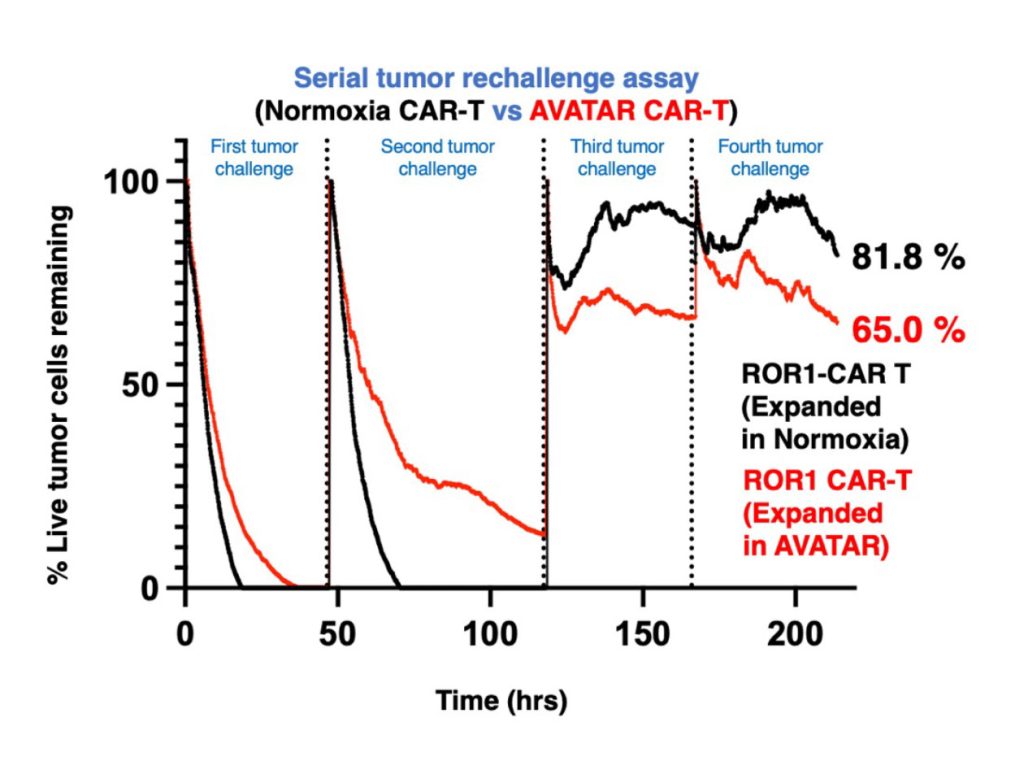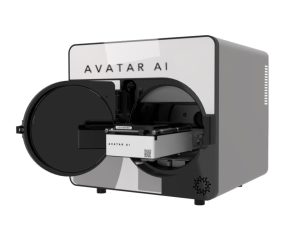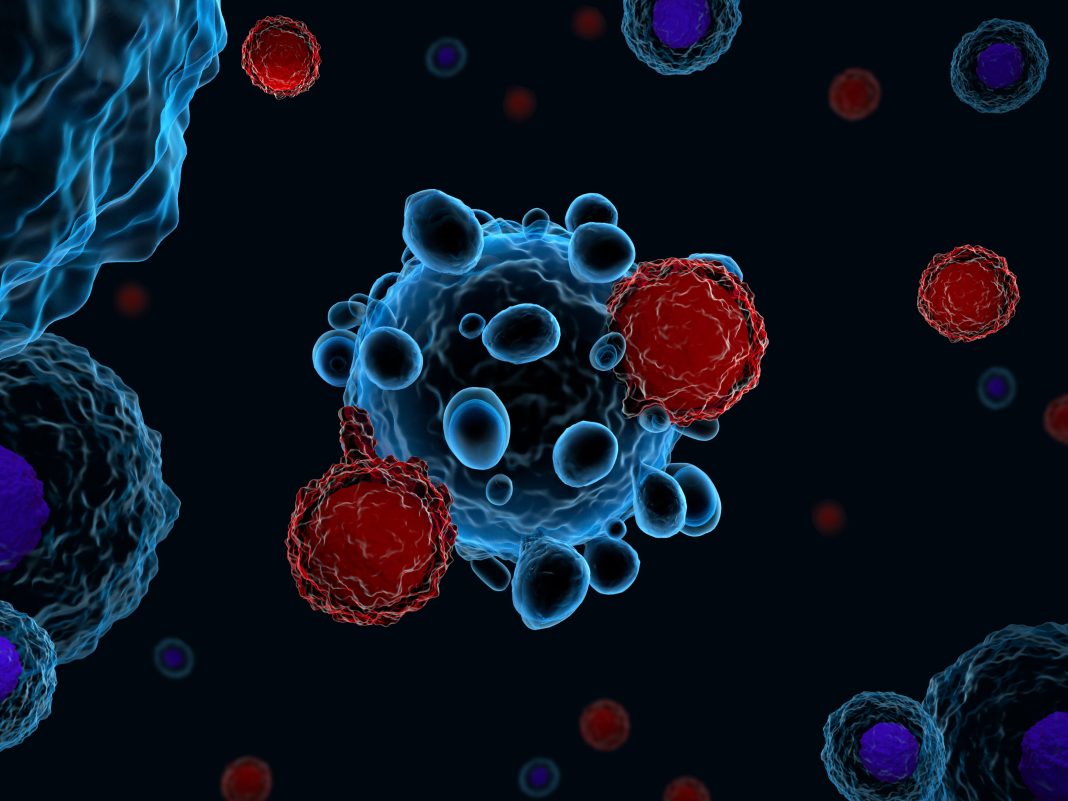Sponsored content brought to you by
- Easily determine CAR-T potency in solid tumor microenvironments
- Model the impact of immunosuppression and cell exhaustion
- Designed for cell therapy potency/functional release assays
A promising new approach to help scientists characterize the tumor microenvironment, condition immune cells to fight cancer, and manufacture cell therapies has come from an innovative cell incubation technology. By more accurately recreating the native conditions of these cells, this smart technology has already demonstrated value in basic and clinical research for developing therapies that work effectively in solid tumors.
Scientists are working feverishly to develop adoptive cell therapies for solid tumors. Another challenge comes in the form of cell exhaustion. Therapies based on chimeric antigen receptor (CAR) T cells have performed very well in blood-based cancers; scientists believe that the confines of the circulatory system give infused immune cells ready access to their cancer targets. With solid tumors, delivery is a real problem. Experiments have shown that few infused cells ever reach their destination, and those that do arrive depleted, having spent their energy just traveling to the tumor site. By the time they get there, they encounter a hostile environment, bereft of nutrients and oxygen required to sustain the little cancer-killing energy that remains. Cell killing assays based on cells grown in traditional incubators will not offer a realistic view of how these cells will perform in vivo. We hypothesize that it is possible to improve potency under immunosuppressive conditions by acclimating these conditions in vitro.

The AVATAR AI system pairs tumor microenvironmental control technology with real-time, label-free measurement of tumor cell viability and kinetics. Tumor microenvironment (TME) settings can be matched to in vivo hypoxic and pressure conditions depending on the site of the solid tumor origin. By measuring the potency of an immune cell therapy in an immunosuppressive environment, researchers now have a solution for identifying, ranking, and releasing the best antitumor candidates for progressing into clinical trials.

Serial challenge assay: To measure CAR-T exhaustion in vitro, we used AVATAR AI to repeatedly “challenge” CAR-T cells against tumor cells, allowing for assessment of their cytolytic function and durability, mimicking what occurs in vivo. Serial challenges were performed on SKOV3 ovarian adenocarcinoma cell line (ATCC). Effector cells (ROR1 CAR-T cells) were introduced at 10:1 E:T ratio after 24 hours. AVATAR-expanded ROR1 CAR-T cells were cultured at 4 PSI, 3% oxygen, 5% CO2, and at 37°C (noted in RED). ROR1 CAR-T cells expanded in “Normoxia” were cultured in a CO2 incubator at 37°C and 5% CO2 (noted in BLACK).
Click to learn more xcellbio.com/new-avatar-ai


